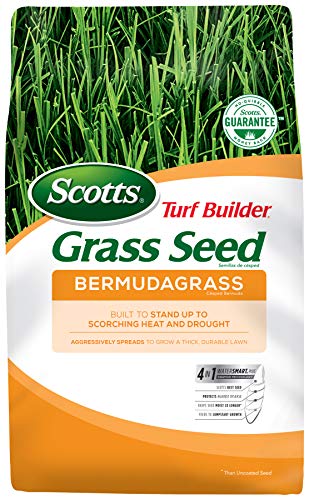Have you been considering adding Bermudagrass to your landscape and are unsure what level of care and maintenance it requires? Or perhaps you already have a patch of Bermudagrass in your yard and want to learn how to better care for it? Well, you've come to the right place. We've done all the research to bring you this guide.
Bermudagrass should be kept at the height of between 1 and 2-inches. It can easily reach heights of between 4 and 12-inches if left unkempt.
You're probably wondering how fast Bermudagrass grows. And what about Bermudagrass hybrids? Keep reading to learn all about Bermudagrass and its variants and how to care for them.
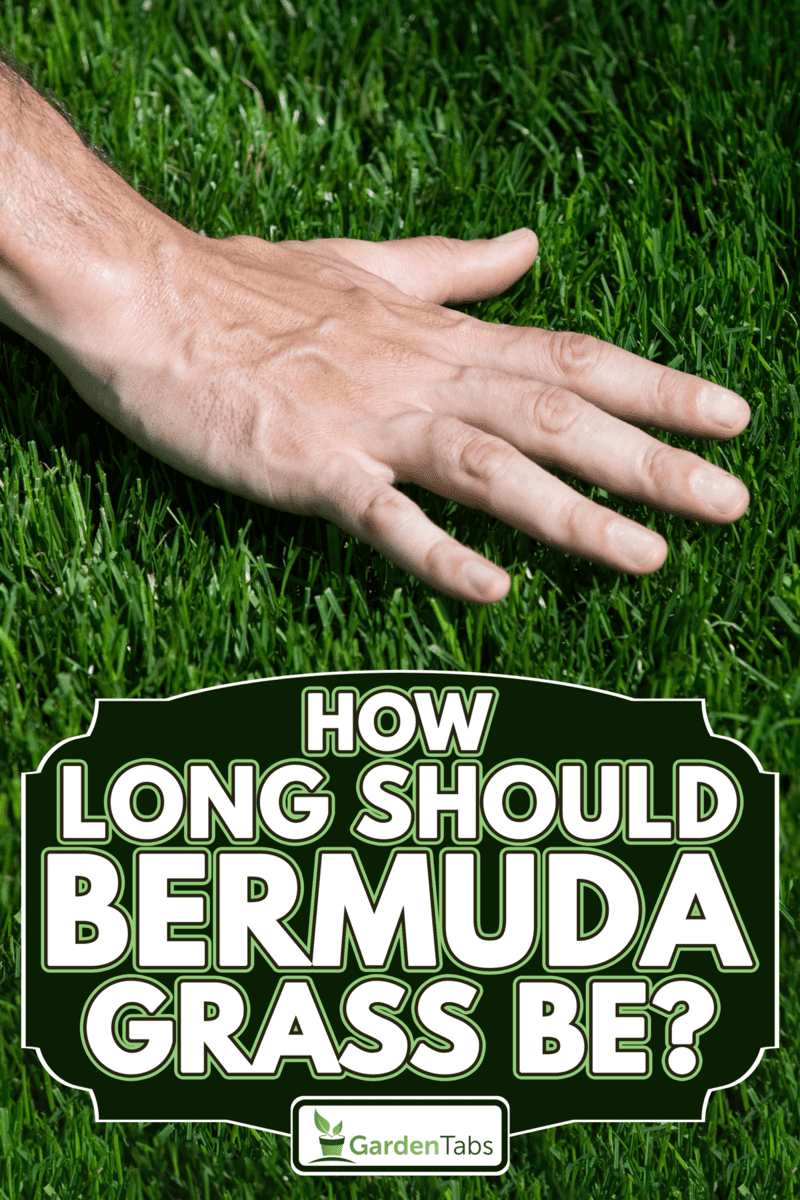
How High Should You Cut Bermudagrass?
Bermudagrass should be kept at 1 to 2-inches tall. It's recommended to cut the grass when it reaches a height of 3-inches. A good rule of thumb is to remove no more than a third of the leaf's total height when mowing. Of course, the height of your grass and the frequency with which you mow your lawn will have to be adjusted to best suit your area, the weather, and the season.
What Is Bermuda Grass?
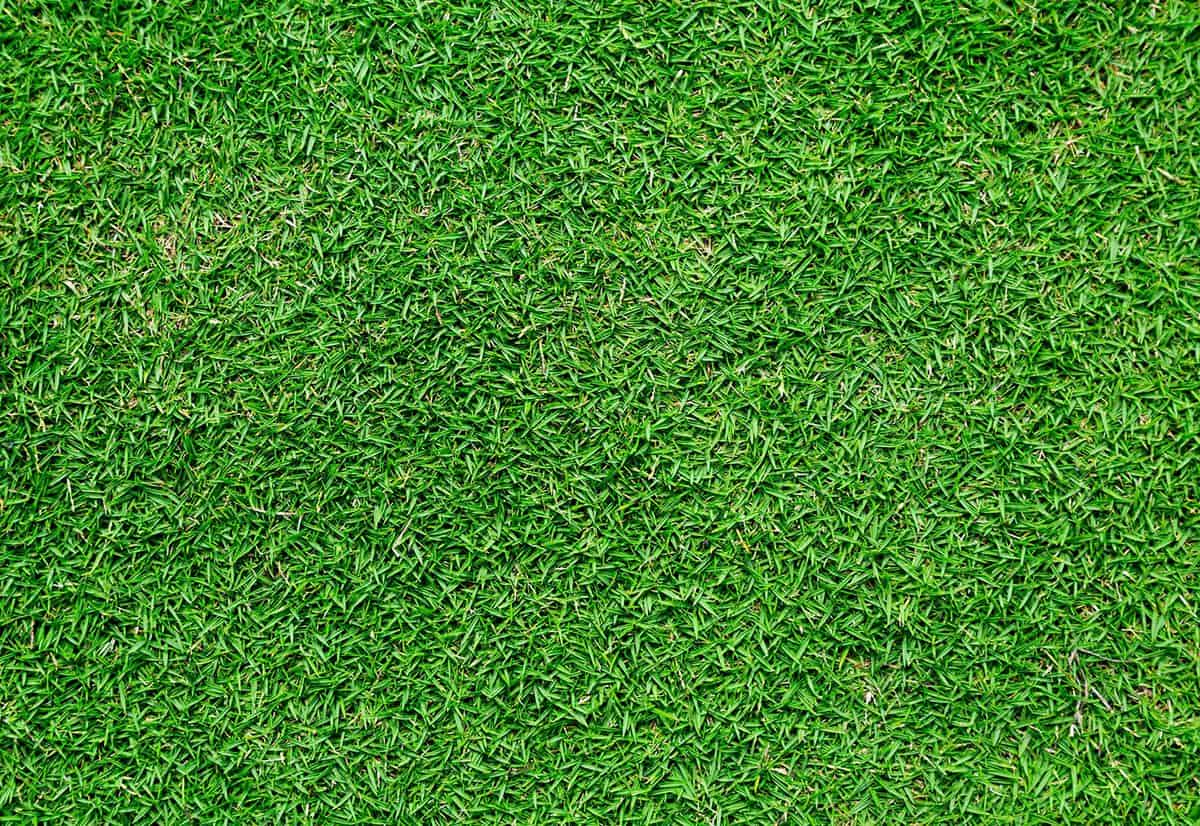
Bermudagrass is a fast-growing and hardy type of grass that will take well to almost any kind of soil. It's also known by many names, like Dog's Tooth Grass, Bahama Grass, and Devil's Grass, and its scientific name is Cynodon Dactylon. Bermudagrass has a wiry texture and a deep green coloration when healthy.
Bermudagrass is thought to be a rather aggressive grass due to its ability to grow and spread quickly. This makes it an excellent option for heavily used lawns, so golf courses favor it in Southern regions.
Scotts Turf Builder Bermudagrass
This 10-pound bag of Scotts Bermudagrass covers up to 10,000 square feet, making it an excellent option for most lawns.
Click here to see these seeds on Amazon.

Where Is Bermudagrass Found Naturally?
Bermudagrass occurs naturally in many parts of the world, like Europe and Australia, but Africa is considered its place of origin. In some places, Bermudagrass is regarded as an invasive species due to its aggressive spread rate. It prefers hot southern climates and has been introduced to many areas where it will perform well.
Can I Grow Bermuda Grass In My Area?
Bermudagrass prefers warm southern climates with plenty of sunshine. In the United States, it will grow as far north as Virginia. Because of its highly aggressive nature and its reputation for being difficult to eradicate, some areas consider it a weed that crowds out most other grass species.
Scotts Hand-Powered Seed Spreader
This hand-powered spreader will make short work of seeding your lawn. It can also be used for fertilizer and ice melt.
Click here to see this spreader on Amazon.
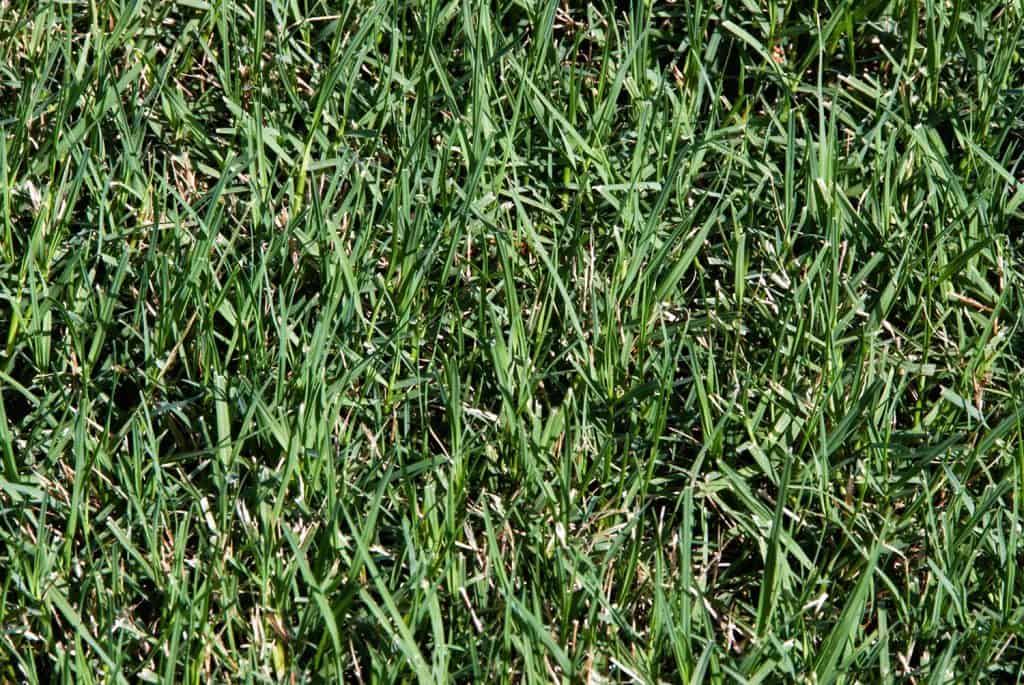
When Should You Water Your Bermudagrass Lawn?
To keep your lawn healthy, it is essential to ensure it receives enough water. Bermudagrass requires between 1 and 1.5-inches of water weekly. This can vary slightly depending on the type of soil your yard is compromised of. For instance, sandy soil may require watering as often as every three days.
Underwatered Bermudagrass will become sickly looking, resulting in bare patches and discoloration. It may become "crispy" to the touch and will take damage more easily. While you want to avoid underwatering, you should also refrain from overwatering your lawn.
What Type Of Fertilizer Should I Use For My Bermudagrass?
Start using fertilizer on your lawn in mid-spring after the danger of frost has been removed from the equation. It's good to wait until the grass begins to turn green again. Bermudagrass will typically benefit from a standard lawn fertilizer which should have a high level of nitrogen and low levels of phosphorus and potassium. Check the bag for details on the nutrient ratio provided by the fertilizer you are considering.
Scotts Green Max Lawn Food
is a great choice of fertilizer. It is affordable and has proven to show positive results.
Click here to check out this fertilizer on Amazon.
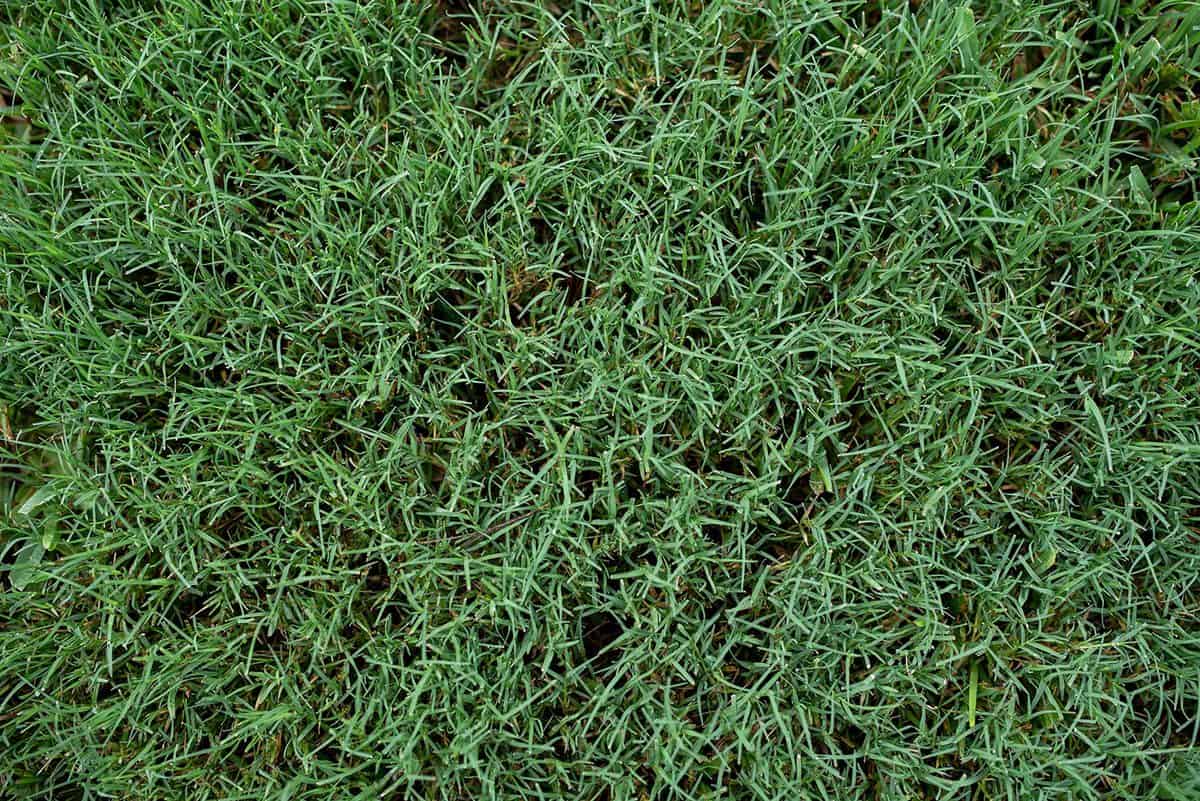
Why Is Bermudagrass A Good Choice?
Bermudagrass has many benefits besides its durability and its vibrant color. Since it's fast-growing and tough with a quick recovery rate when damaged, it is a popular choice for sports fields and heavily used lawns. Its highly desirable as a turfgrass, especially in warm temperate climates, because of its heat and drought tolerance.
Are There Any Downsides To Using Bermudagrass For My Lawn?
The biggest and most notable downside to Bermuda grass is its aggressive growth and its ability to easily spread, sometimes causing it to creep into flowerbeds. Also, Bermuda grass doesn't do well in the shade, so if your yard is an overall shady area, Bermuda grass is probably not the best option for your lawn.
Because of its quick growth rate, Bermudagrass needs regular maintenance, usually requiring weekly mowing. If you are searching for a variety of grass that requires less maintenance, this may not be a great choice.
When Is The Best Time To Sow Bermuda Grass?
The best time to plant Bermuda Grass is during the late spring, after the season's last frost has passed and the daily temperatures are consistently warm. It's recommended to wait until daytime temperatures are consistently reaching around 80-degrees.
How Do You Start Growing Bermudagrass?
You will need to start by removing as much of the existing grass as possible, then lightly rake the soil. Adding a lawn starting fertilizer to the soil at this point will speed the growth of the new grass but is optional.
Next, spread your Bermudagrass seeds in the fresh dirt and rake them around gently again to coat them with soil. Water the area lightly 3-4 times a day to keep the seeds moist until they are established.
Scotts Turf Builder Fertilizer
This fertilizer is ideal for prepping soil to grow grass seeds, and it's recommended for Bermudagrass.
Click here to take a look at this fertilizer on Amazon.
What Are Bermudagrass Hybrids?
Hybrid Bermudagrass occurs when common bermudagrass breeds with other species of grass. This results in beneficial characteristics from both the parent grass species. Some are less invasive due to shallower rhizomes, which is excellent if you want to avoid having grass leech into your flower beds. Another benefit is that Common Bermudagrass will produce pollen while its hybrid counterparts will not.
How To Get Bermudagrass Hybrids?
Many Bermudagrass hybrids are available in seed form and can be directly sown onto your prepped lawn. You can also find sod companies that keep Bermudagrass hybrids in stock. They're readily available in both forms, and a hybrid version may be a better option for some.
Outsidepride Arden 15 Hybrid Bermudagrass Seed
These Bermudagrass hybrid seeds are available in a 1 or 2-pound size to meet the needs of your lawn. It has improved cold tolerance and a faster growth rate than common Bermudagrass.
Click here to take a look at these seeds on Amazon.
Does Bermuda Grass Spread On Its Own?
Yes, Bermudagrass will spread on its own, and Common Bermudagrass is fertile, so it will reseed itself if allowed. This trait makes it desirable for lawns that may take a beating because it will quickly fill in any damage. If you want to avoid having your grass invade your flowerbeds or other landscaped parts of your yard, you will want to make sure it doesn't get out of hand.
How To Eradicate Bermuda Grass?
You can kill Bermudagrass with certain herbicides as a quick and effective method. For a more natural alternative, try baking it in the sun by depriving it of water. You can throw plastic sheeting on it to prevent it from getting rain and to increase the sun's heat.
Another way to naturally inhibit the growth of Bermudagrass is to starve it of sunlight with black plastic or landscaping cloth. Continue to block the light for several weeks, and the grass will die off with minimal effort.
ECO Garden Pro Organic Weed And Grass Killer
This organic weed and grass killer's main ingredient is vinegar. It's kid and pet friendly, and it covers 1,000 square feet.
Click here to check out this grass killer on Amazon.
In Conclusion
Now that you know all about caring for Bermudagrass, you're ready to decide whether or not it is the right option for your lawn. Remember that it is not ideal for cold climates or shady lawns and will perform poorly in these kinds of locations. Have fun landscaping, and enjoy your fresh, new lawn.
Now That You've Made It To The End...
If you want to learn more about Bermudagrass, read our article "How Deep Do Bermuda Grass Roots Grow?"
To learn more about starting grass from seed, read our article "How Long Can Grass Seed Go Without Water?"

